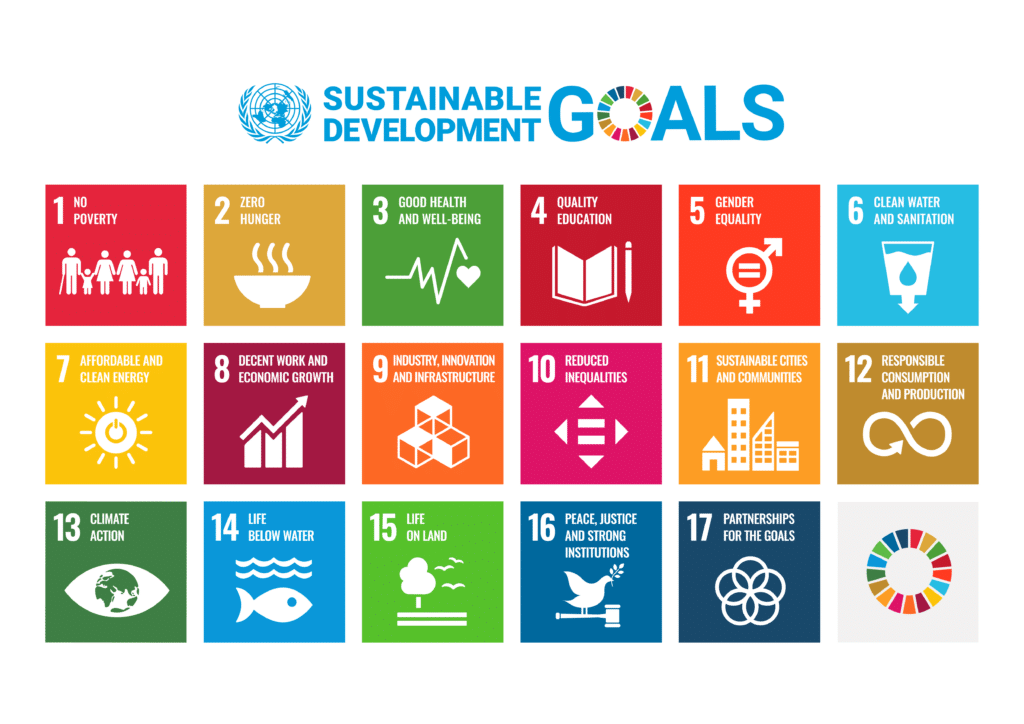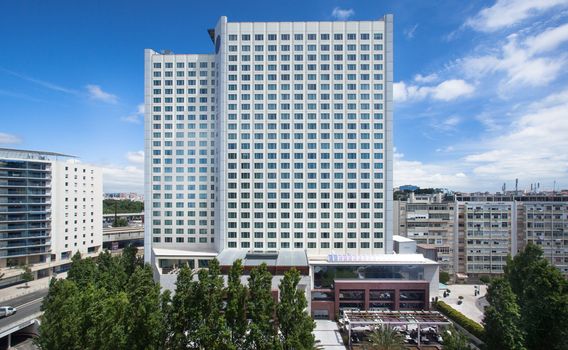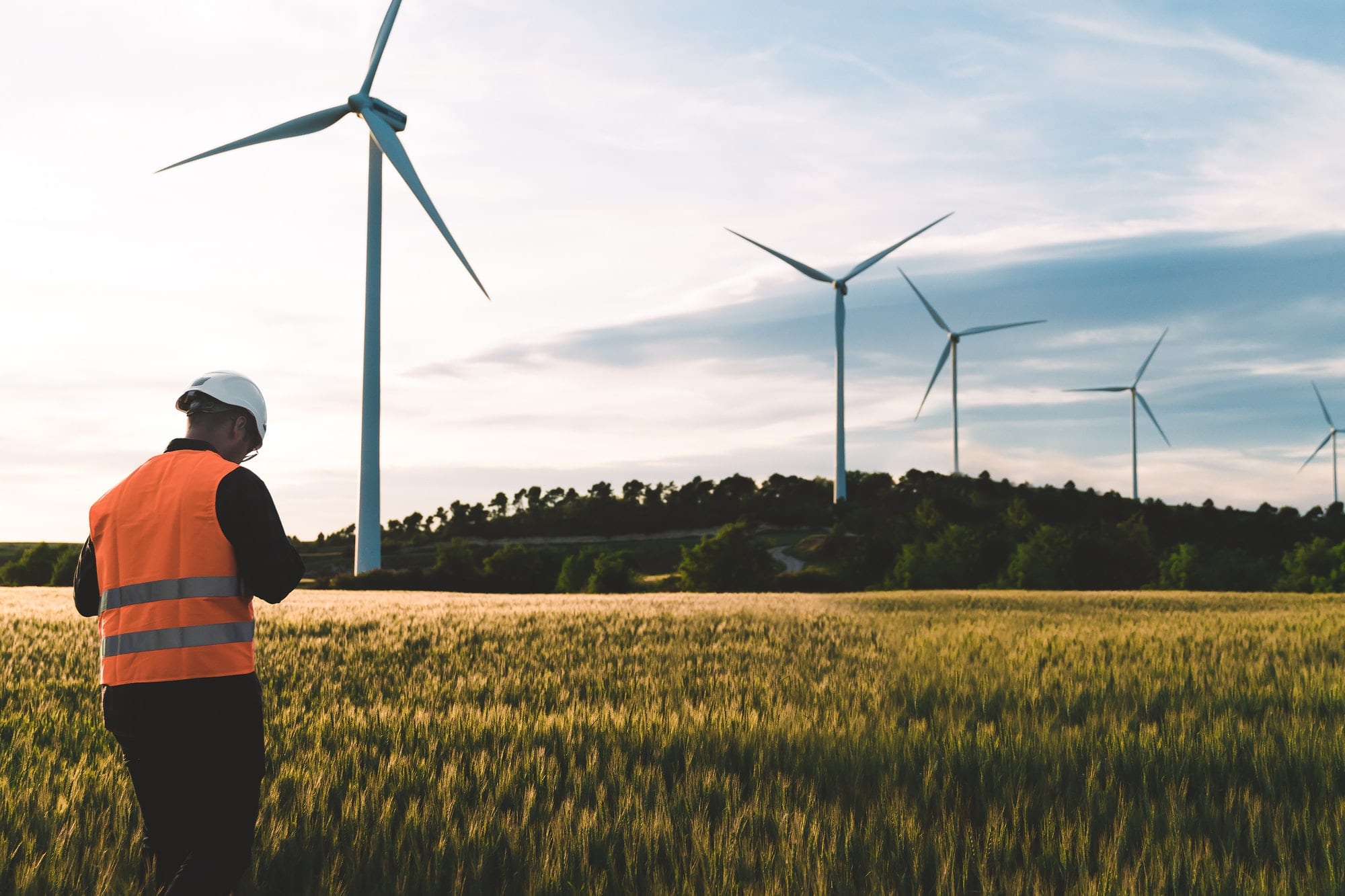ISQ at the service of a better and more sustainable world
SUSTAINABLE DEVELOPMENT IS AN URGENT GLOBAL CONCERN AND ISQ HAS ADOPTED IT AS ONE OF ITS PILLARS, WORKING DAILY TO PROMOTE A CHANGE OF BUSINESS AND SOCIAL AWARENESS THROUGH ITS SERVICES AND INNOVATIONS
How we got here
ISQ was a founding member of the Center for Pollution Prevention in 2002, and six years later founded the National Network for Social Responsibility, the first national network that promoted social responsibility and sustainability as management tools in companies and the state. This track record reflects the importance that sustainability issues have assumed in the group’s activity, a bet that remains a priority for ISQ, in line with national, European and global policies.
“We will continue to adopt internationally recognized standards aligned with the highest ethical, social and environmental management standards that translate into sustainable management,” says ISQ President Pedro Matias, adding: “It could not be otherwise in the management of the 21st century, given that sustainability trends must increasingly be an integral part of business activity.”
One of THE OBJECTIVES OF ISQ IS TO DEVELOP PROJECTS THAT FIND SOLUTIONS TO THE CHALLENGES OF SUSTAINABILITY.
One of the goals always in mind and for which ISQ works daily is the achievement of the UN Sustainable Development Goals (SDGs). Without ever forgetting innovation, safety and quality – three concepts so imbued with ISQ’s DNA that form the acronym itself – this bet is to promote a more conscious culture in companies and society, through all its services. ISQ supports entities in the management and saving of energy, human and financial resources in all sectors in which it operates: transport, industry, tourism, health, public administration, energy and agriculture.
In line with global policies
There are 17 UN Agenda 2030 SDGs that have been agreed by 193 countries in a global and conscious commitment to ensuring the environmental, social and economic sustainability of the world (see infographic on page 12). In this respect, Europe has been particularly active and the defence of sustainable development is one of the priorities of the new President of the European Commission, Ursula von der Leyen. Its policy programme is part of the European Ecological Pact as one of the pillars, with a set of measures on emissions, climate, biodiversity, environmental protection and the circular economy, and the level of ambition is notorious: “I want Europe to be more ambitious and become the first continent with a climate neutral impact”.

What are the sustainable development goals?
The UN 2030 Agenda proposes 17 priority objectives for the 169 countries that have recognised the urgency of creating a more sustainable, dignified global future and with social equality:
• eradicate poverty
• eradicate hunger
• quality health
• quality education
• gender equality• drinking
water and sanitation
• renewable and affordable energy• decent work and economic
growth
• industry, innovation and infrastructure
• reduce inequalities
• sustainable cities and communities
• responsible consumption and production patterns
• climate action
• protecting marine life
• protecting land life
• peace, justice and effective institutions• partnerships for the implementation of the objectives
The Sustainable Development
Goals
The 2030 Agenda for Sustainable Development was adopted by the United Nations General Assembly in 2015, covering 17 Sustainable Development Goals (SDGs). These objectives are universal and inclusive in nature and are measured through a list of global indicators adopted by the UN, totaling 244. In its 2019 report, the UN stresses that, although there is an evolution, the most affected areas remain the African and South American continents. The greatest progress was made in SDS 8, in the indicator that values the ability to “Sustain economic growth per capita”.
In Portugal, developments have been positive: it is considered one of the 30 most sustainable countries and is best meeting the objective “Renewable and Affordable Energies” (SDGs 7), striving to ensure reliable, modern and all energy sources. In this context, ISQ has been a strong ally. In addition to implementing sustainable responsibility in the services and sectors in which it operates, it has participated directly in energy-related projects. For example, in the preparation of energy certification, in energy efficiency initiatives with Galp and Hotel Corinthia, in more efficient distribution plans with the Águas de Portugal group and in circular economy programs in alentejo, among others.

CORINTHIA HOTEL LISBON
Energy Efficiency – considered the best project in Europe
ISQ, in partnership with Galp Soluções de Energia, implemented the energy efficiency project at Corinthia Hotel Lisbon, which received the title of Western Europe Region – Energy Project of the Year, awarded by the Association of Energy Engineers (AEE). This project was considered the best energy project in Europe, due to the use of custom-designed engineering solutions, designed together with ISQ (the technical partner), which allowed to obtain in the first half of 2013, a greater reduction in energy consumption. at 25%, corresponding to 600,000 kWh and 290 tons of CO2.
This project was the winner of the Western Energy Project of the Year 2013 award, presented at the annual conference of the Association of Energy Engineers, the largest association of energy engineers in the world.
Reuben Mifsud, manager of Hotel Corinthia Lisboa, declared: “It is an honor for us to be selected by such a distinguished panel of judges to be named Western Europe Region Energy Project of the Year for 2013. This award is the result of a revolutionary energy concept implemented in the Hotel five years ago, in which we have always believed in, and at this point has become a reality. This project combines our commitment to reduce our CO2 footprint with our goal to achieve energy efficiency.”
Portugal’s strategies are in connection with UN sustainability policies, but are also oriented towards European Union (EU) regulations, programmes and funding instruments. One such case is Horizon 2020, the EU’s largest in the context of research and innovation. Here too, ISQ is actively present and is proud to be the national entity with the largest number of projects, especially in industrial sustainability and eco-efficiency, related to the Horizon 2020 program.
Framing of sustainability concepts
BY Ricardo Rato and Muriel Iten
The concept of sustainable development emerged in the 1960s, when it became apparent that environmental problems could be caused by the development of the economy and industry. In 1972, the Club of Rome (NGO) presented its first report, known as the Meadows Report, at the first United Nations Conference on the Human Environment in Stockholm.
The report argued that non-growth in developing countries was a response to environmental deterioration and the scarcity of planetary resources, drawing particular attention to the “attack” on the capitalist system. For their part, economists claimed that capitalism could not survive without unlimited development, criticizing the report. Due to criticism, the Club of Rome issued a second report in 1974 advocating organic development, i.e. with limited growth intrinsic to all living organisms.
Since the publication of the book The Limits to Growth (Meadows et al., 1972), a considerable number of concepts were developed, integrating ecological and economic concerns that were not consensual until 1987. That year, the Brundtland Report was published, which defined “sustainable development” as one that meets the needs of the present without compromising the ability of future generations to meet their own needs. Later, in 1997, Wackernagel and others popularized the term “ecological footprint” for the Earth Council. The authors determined the land needed to provide the natural resources consumed by the global population and the absorption of their waste. As a result, the term was adopted by the World Wide Fund for Nature (WWF), which provides ecological footprint data from more than 150 nations listed in the Living Planet Report.

It is on the basis of this concept that the growing interest arises in quantifying the number of Earth planets we need to provide the resources needed for the use of humanity and to “absorb” emissions. Similarly, and because needs are already exceeding our planet’s capabilities, the concept of Earth Overshoot Day (EOD), the day of the year on which our planet’s capabilities are surpassed, has also been defined.
In 2019, the number of planets was already 1.75 and the EOD, or Earth Overload Day, was July 29, and action is urgently needed to address this global problem.

ISQ
We promote trust in your products and services through innovation, certification, testing and consultancy. ISQ is a private, independent, reputable and accredited entity, with Engineering, Consulting, Inspection, Testing and R&DT and Innovation services. We act in your interest to promote the quality of products, services, facilities and processes, with the purpose of bringing you accreditation, competitiveness and innovation.
+ insight
contribute
As a project initiated by ISQ, insight is open to contributions from everyone who wants to participate and who can bring their vision, scientific studies and reasoned opinion to enrich the themes and the debate.
If your activity is linked to research or the analysis and implementation of measures in the topics discussed here, please contact us using the form attached.





